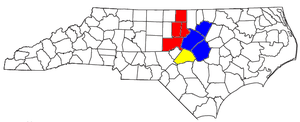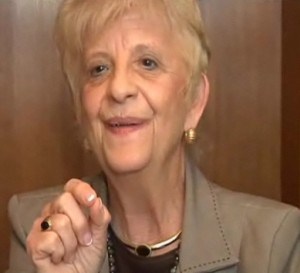Just a few days after Gov. Bev Purdue declined to veto an anti-consumer, anti-community broadband bill sponsored by Time Warner Cable, the cable company announced the imminent availability of its Road Runner Extreme and Wideband products — made possible with an upgrade to DOCSIS 3 technology.
The newly available service is officially being rolled out across the Triangle, including the cities of Raleigh-Durham and Chapel Hill over the next several weeks.
“We are empowering our customers with pure online power to save time and boost productivity when multitasking with multiple devices,” said Christine Whitaker, area vice president of operations for Eastern North Carolina. “As customers expand their use of the Internet, our services are evolving to meet their needs.”
Time Warner noted it had spent $8.5 million to upgrade the region to DOCSIS 3 service, and has already rolled out the upgrade in the Charlotte area. In the Triangle, the company also announced free speed upgrades for existing customers that took effect last week:
- Road Runner Turbo with PowerBoost 15 Mbps/1Mbps
- Road Runner Broadband with PowerBoost 10 Mbps/1 Mbps
 North and South Carolina Time Warner Cable customers are among the last to get the speed upgrades Time Warner has completed in many of their service areas. Some customers formerly received upstream speeds of 512kbps or less. The cable company said recent fiber upgrades made the faster speeds possible, but DOCSIS 3 upgrades are responsible for allowing the cable company to offer its Extreme (30/5) and Wideband (50/5Mbps) products.
North and South Carolina Time Warner Cable customers are among the last to get the speed upgrades Time Warner has completed in many of their service areas. Some customers formerly received upstream speeds of 512kbps or less. The cable company said recent fiber upgrades made the faster speeds possible, but DOCSIS 3 upgrades are responsible for allowing the cable company to offer its Extreme (30/5) and Wideband (50/5Mbps) products.
Despite the upgrades, Time Warner Cable still offers slower broadband service than many of its community-owned competitors, and the cable operator has made investments in broadband upgrades across most of its cable systems nationwide as a matter of course.


 Subscribe
Subscribe





